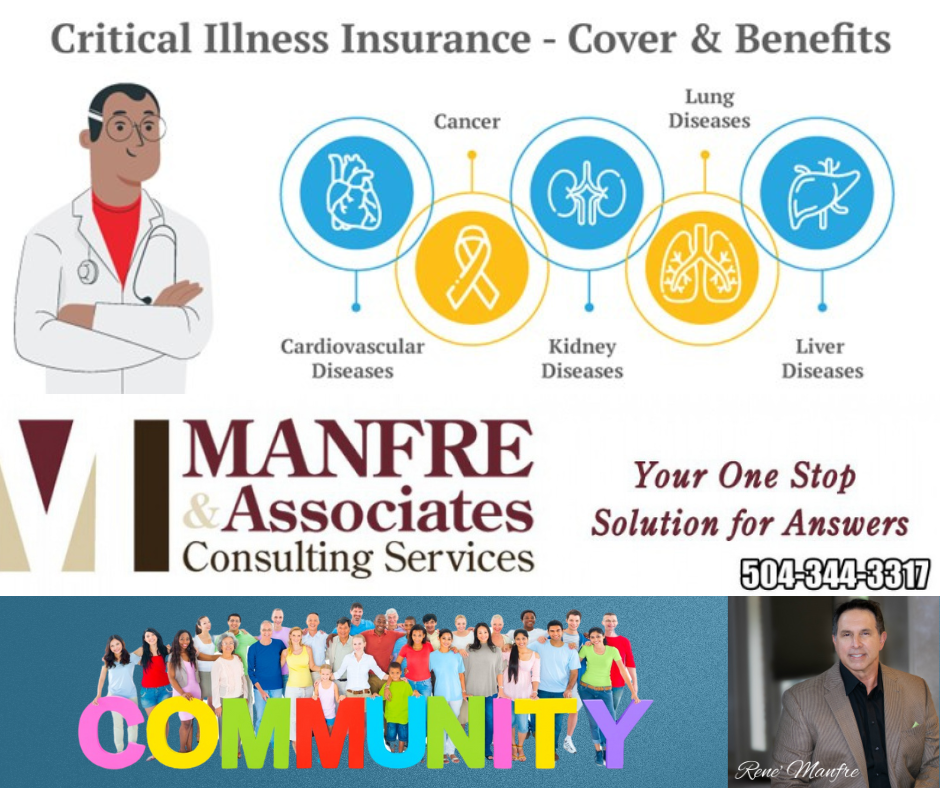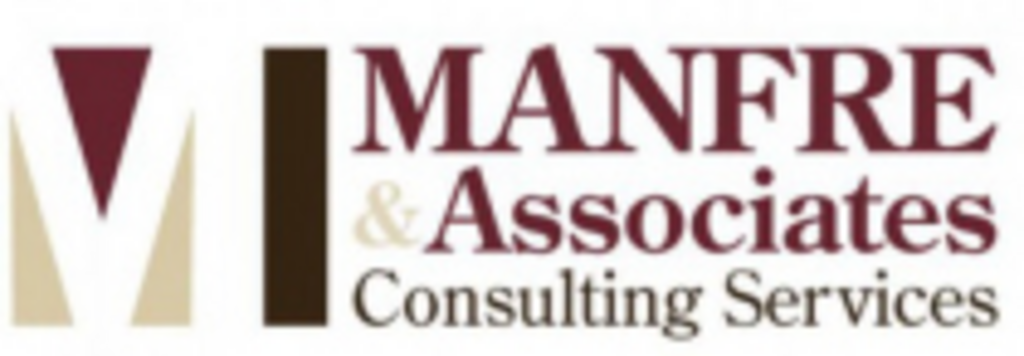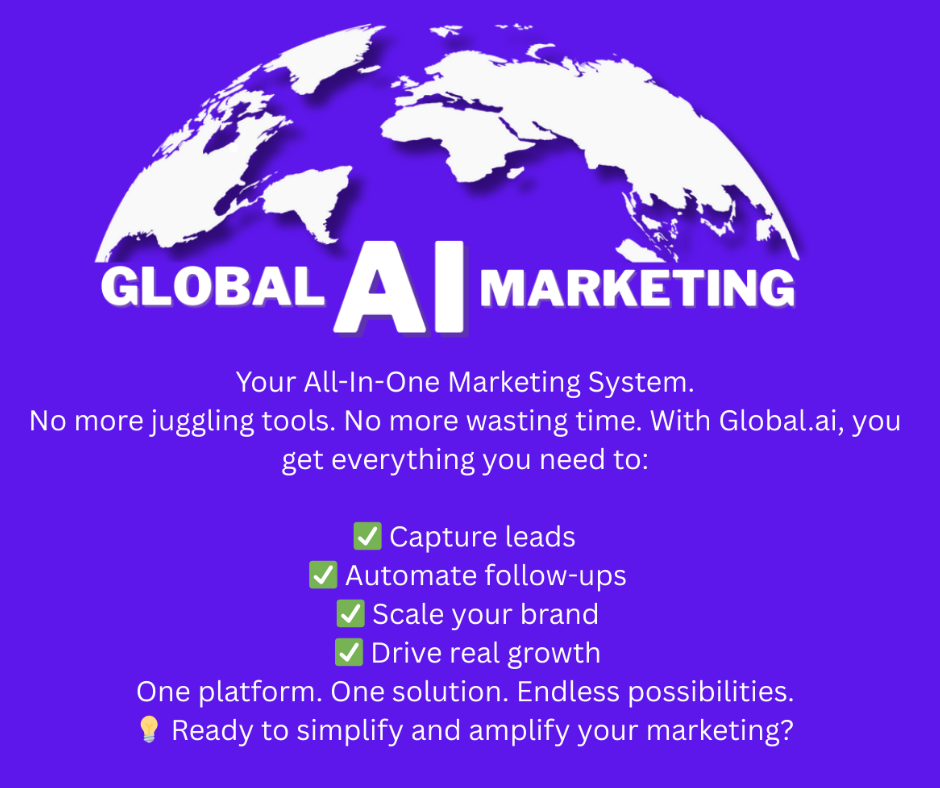Insurance sucks. Yes. But let’s get real.

From “insurance fatigue” to purpose: 25 years that changed my perspective
When I started in insurance over 25 years ago, I felt what many people feel—overwhelmed by the policies, the premiums, the pushback. I heard every objection, saw the eye-rolls, and even questioned the system myself. But time, experience, and real-life moments changed everything.
I’ve seen what happens when coverage steps in—not in theory, but in the lives of people I know and serve. I’ve personally benefited from the protection insurance provides, and I’ve watched clients avoid financial disaster because they made the right choice at the right time. Those calls—the ones where a client says “thank you” after a claim saves their family, their home, or their business—recentered my purpose. They reminded me that insurance is not just a product; it’s a promise.
Over the years, I made it my mission to overcome objections with empathy, clarity, and truth.
Not by selling fear, but by teaching resilience:
- Helping families protect health, income, and homes.
- Guiding business owners through general liability, workers comp, equipment coverage, and key person life insurance so their teams and companies survive the unexpected.
- Training new professionals to view this industry as a calling—one where a great career is built by serving others well, not by shortcuts.
Yes, insurance can be frustrating. It can feel like one more bill. But when life happens—and it always does—insurance becomes the bridge between crisis and stability. That’s why I stay focused on service. Because behind every policy is a person, a family, a business, and a future worth protecting.
If there’s one thing I’ve learned in 25 years, it’s this: insurance doesn’t remove pain, but it reduces the financial shock that can follow it. And being part of that safety net—for my clients and for the next generation of professionals I train—is the most meaningful work I know.

We’ve all felt it: that sting when the premium hits, the frustration of yet another policy to manage, the nagging thought that we’re “insurance poor.” It’s exhausting and often feels unfair. But the psychology behind our love-hate relationship with insurance is actually pretty simple—and very human.
Why insurance feels so frustrating
- Loss aversion: We feel losses more intensely than equivalent gains. Paying a premium each month feels like a loss—especially when nothing bad happens.
- Invisible wins: When insurance works, nothing happens. No crisis. No financial freefall. Our brains aren’t wired to celebrate “avoiding disaster,” so the benefit is easy to overlook.
- Complexity fatigue: Health, life, auto, home…then business policies like general liability, workers’ comp, equipment coverage, key person life insurance—it’s a lot. Complexity creates avoidance and resentment.
- Control illusion: We like to believe we’ll be careful enough, healthy enough, or lucky enough to avoid big problems. Insurance challenges that illusion.

Why we’re relieved when it matters
- Catastrophe protection: A single medical emergency, a car accident, a house fire, or a business lawsuit can be financially life-altering. Insurance converts unknown, potentially devastating losses into known, manageable costs.
- Peace of mind: Even if you never make a claim, the ability to sleep at night has real value—especially when you’re responsible for a family or a business.
- Liquidity and speed: When something happens, insurance provides immediate funds that most people and businesses don’t have sitting around.
- Continuity: For businesses, insurance keeps operations alive—covering liability, injuries, damaged equipment, and even the loss of a key leader.
The reality check
Until you’re truly self-insurable—meaning you could write a check to cover a major loss without disrupting your long-term goals—insurance is a financial tool that protects your future. It’s not about loving it. It’s about respecting what it does.

How to make insurance suck less
- Cover big risks first: Focus on high-severity, low-frequency events—medical bankruptcy, liability, home destruction, loss of income. Don’t overpay for trivial add-ons.
- Raise deductibles, keep strong limits: Higher deductibles lower your premium while still protecting against catastrophic loss.
- Bundle and simplify: Consolidate where it makes sense to reduce complexity and cost.
- Set an annual “insurance review”: One hour a year to check coverage, limits, beneficiaries, and business exposures saves money and headaches.
- Think in scenarios: Ask, “If X happened tomorrow, would my coverage keep my family/business OK?” Adjust accordingly.
- Plan to graduate: Build an emergency fund and invest so over time you can self-insure smaller risks and reserve insurance for the big stuff.

Bottom line
Insurance sucks—until it doesn’t. When life hits hard, it’s the difference between a temporary setback and a financial crisis. We live in a world where protecting our health, lives, cars, homes, and businesses isn’t optional. So let’s be honest: it’s frustrating, it’s complicated, and it costs money. But it’s also one of the most reliable forms of financial compassion we can buy—for ourselves, our families, and our teams.
Pay for what protects your future. Skip what doesn’t. And remember: the day you need it, you’ll be grateful you made the right choice at the right time.

Learn more about services: CLICK HERE




